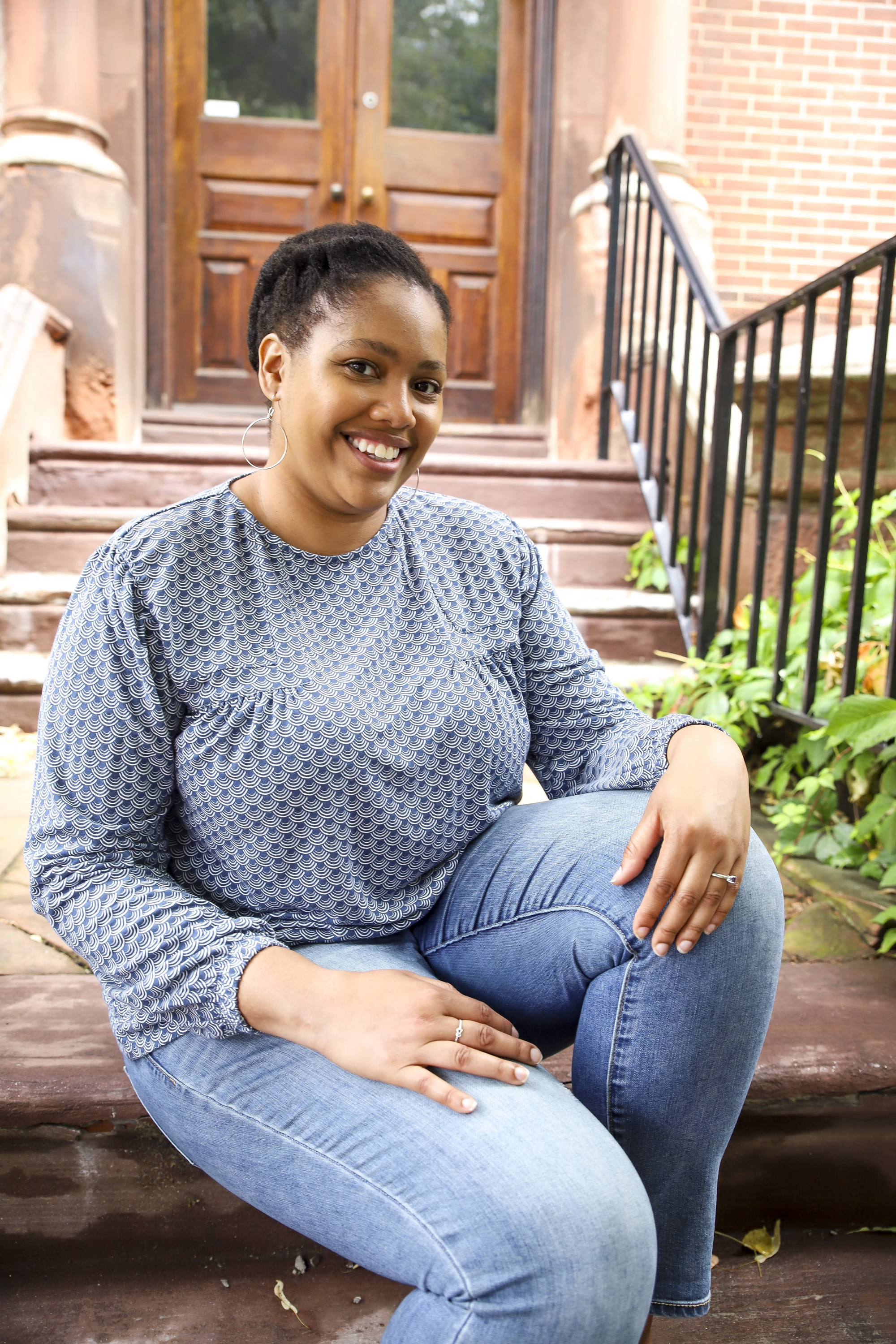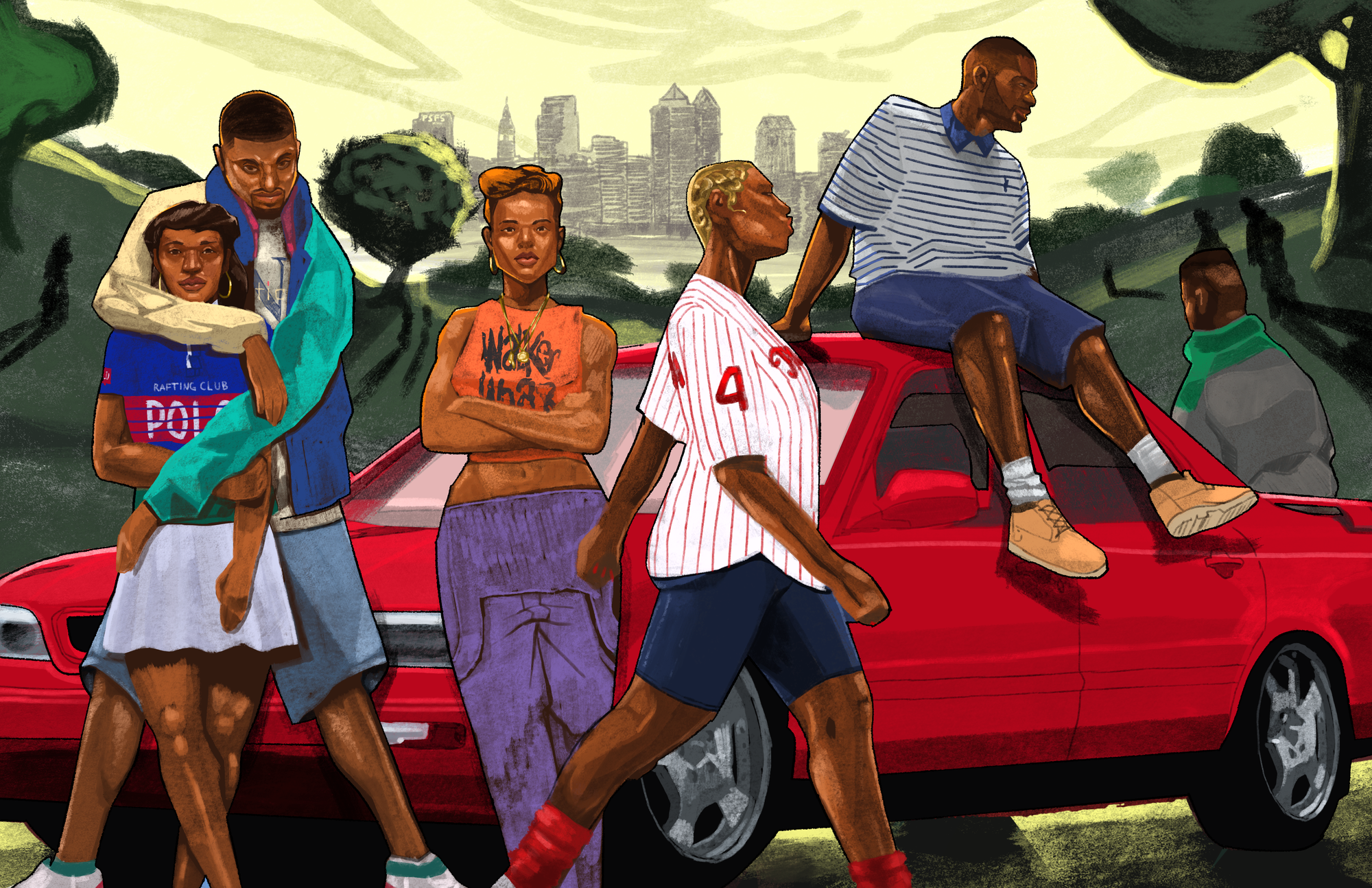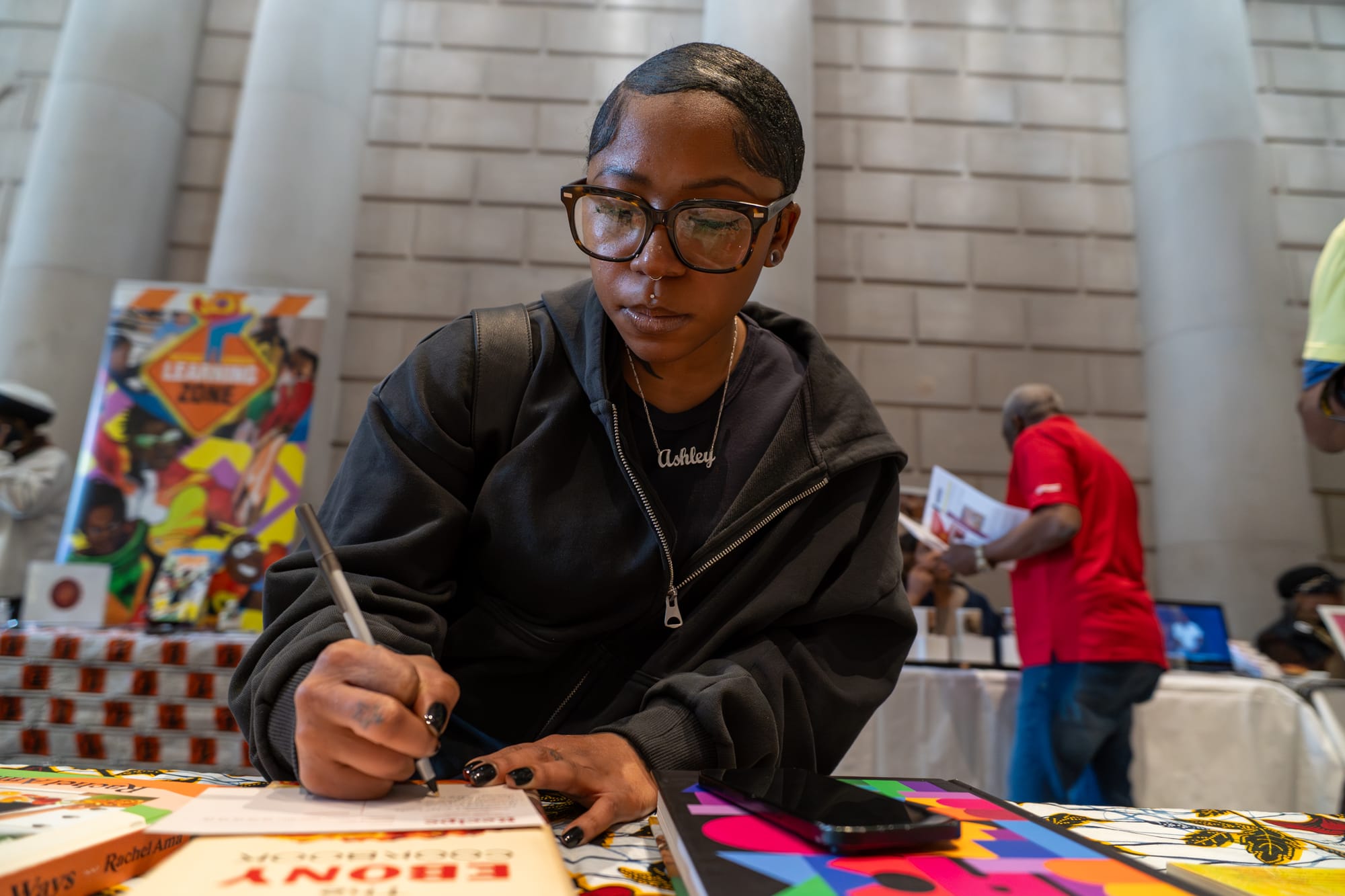More than A Statue: Octavius Catto And What Is At Stake on Election Day
On October 10, 1871, Octavius Catto was murdered. The man who was an educator, a minister, an activist, and one of the organizers of the first Baseball leagues, died on Election Day in 1871.
On October 10, 1871, Octavius Catto was murdered. The man who was an educator, a minister, an activist, and one of the organizers of the first Baseball leagues, died on Election Day in 1871. He was shot twice while preparing to defend his community against mobs of racists roaming the streets of Philadelphia terrorizing Black people out of voting.
Just a year earlier, Octavius Catto joined voices like Frederick Douglass calling for the ratification of the 15th Amendment, the very amendment that would give Black men the right to vote. Previously, Catto, along with Douglass and many others raised funds that would assist the Union troops fight the Civil War.
Catto was also influential in the desegregation of the Philadelphia Trolley system. As one of the leaders of Pennsylvania’s States Equal Rights League, he helped bring equality to Philadelphia’s transportation system.
Catto also believed firmly in education. He was educated at Institute for Colored Youth and following his education, returned back to Philadelphia to teach math and English. He at one point was the highest-paid educator in the city.
On October 10th, 1871, Catto went to vote early, casting his ballot on the first day in the Nation’s history that Black men like himself were able to vote. As the day went on, mobs of dangerous racists roamed the streets of Philadelphia, seeking to intimidate Black voters from voting. After narrowly escaping a mob himself, on the way to retrieve his pistol from his home to defend Black voters, Octavius Catto was shot twice. He died at 32 years old, on the first election day that Black men were constitutionally allowed to vote.
Philadelphia dedicated a statue to Octavius Catto, 146 years after his death. His statue is a monument, not just to the work he did nor just the legacy he left, but to the man, the human being, whose life was cut short by hatred. Stories like Catto’s reverberate through our community. Catto, like many other brilliant lights that illuminate injustice, brings light to solutions, and are a beacon to a better way forward are snuffed out, often by the very hatred they were combatting.
We should remember Catto. Not just Catto’s death, but how he lived his life reminds us of what is at stake in every election. How he lived teaches us why voting matters. How he lives and what he fought for reminds us that our vote is not something to toss away or to do haphazardly or poorly informed merely. Octavius Catto is a testament to the power of self-determination, communal care, and the power our voices and our votes have.
Let’s not forget any of this come Election Day.




